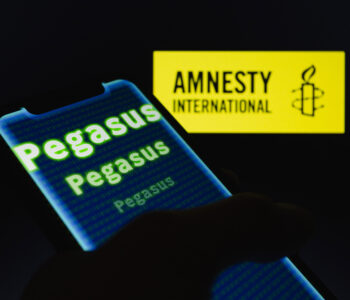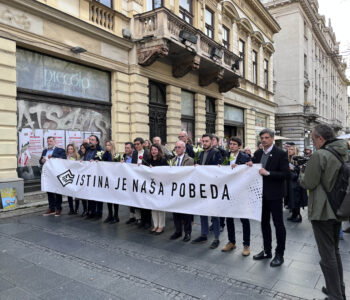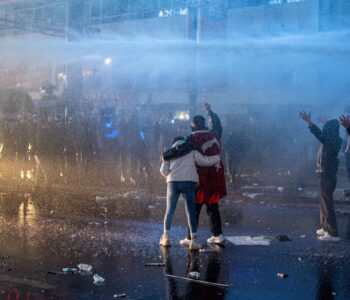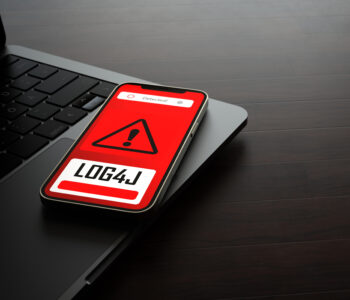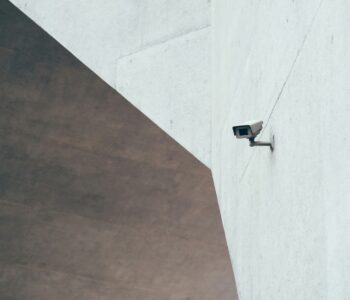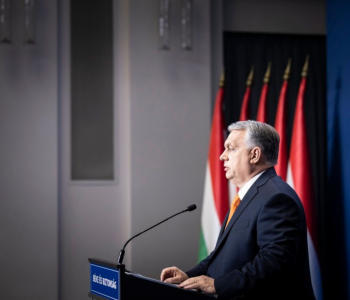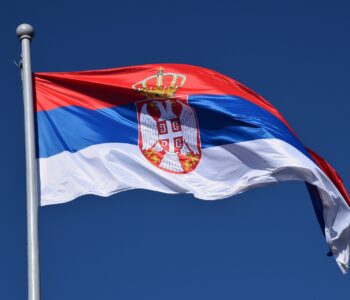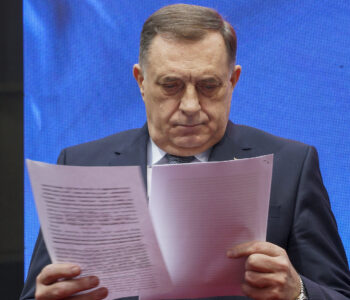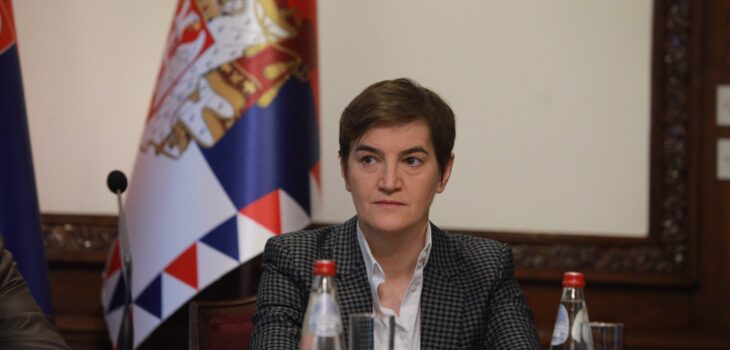
Serbia: Fresh attacks and smears on media raise threat level
Break in at broadcaster N1 and latest high-level political smears underscore deep concerns over journalists’ safety.
The International Press Institute (IPI) today renews their serious concerns about the safety of journalists in Serbia, where independent media houses and their reporters face an intensifying and toxic climate of smear campaigns and political pressure directed by the government and public officials.
On 30 May, the private premises of the broadcaster N1 in the capital Belgrade was breached by around 30 protesters, who obstructed its work and demanded its editorial staff leave the building to face the “wrath of the people”. N1 and its journalists were accused of manipulating coverage of recent anti-government protests and the pandemic, and of working on behalf of foreign intelligence services.
While police were called and plainclothes officers were sent to take up positions outside the N1 building, they were not given orders to react and failed to remove the trespassers from the broadcaster’s private property. None of the protesters had their identification checked, according to media reports, and no arrests were made.
IPI and our global network are shocked by the lack of an adequate response by the police to this incident. While peaceful protest must be respected, trespassing of the premises of a media house clearly warranted appropriate action from law enforcement authorities. This raises serious questions about the ability of the police to protect journalists and must be immediately addressed by the Standing Working Group on the Safety of Journalists.
The security incident came days after the Serbian Prime Minister Ana Brnabić and Serbian Progressive Party MP Nebojša Bakarec spoke in the parliament and separately accused N1 and Nova S of spreading hatred and violence and creating a “sick atmosphere in society” which leads to the tragedies such as two recent mass shootings. The Prime Minister accused so-called “tycoon media” of poisoning the nation and “sowing hatred minute by minute, hour by hour.”
These comments were the latest in an escalating smear campaign against broadcasters and news outlets owned by United Media, a media house staunchly critical of the Serbian government and President Aleksandar Vučić. It is often viewed as the last major bastion of journalism operating independently from the ruling Serbian Progressive Party (SNS) and its network of business allies.
In recent weeks, United Media titles including N1, Nova S and Danas have been accused by multiple public officials of acting against the interest of the state, spreading disinformation, organizing anti-government rallies and being “fascist media”. These verbal attacks have been amplified by tabloid media and broadcasters supportive of the government.
IPI is alarmed by the dangerous escalation in rhetoric against critical media and journalists, which poses real life threats to the safety of journalists. Moving forward, IPI urges all government and public officials in Serbia to refrain from using hostile rhetoric and to lead by example in reducing tensions.
IPI notes that this situation again underscores the findings of both a coalition of international press freedom groups and the European Parliament, that no tangible progress has been made by Serbian authorities as part of their EU accession obligations to improve the landscape for media freedom. Independent journalism in Serbia continues to face a moment of crisis.
IPI renews support for the work of all professional and independent media in Serbia and calls for increased international attention to the plight of media freedom and pluralism in the country.
This statement was coordinated by IPI as part of the Media Freedom Rapid Response (MFRR), a Europe-wide mechanism which tracks, monitors and responds to violations of press and media freedom in EU Member State and candidate countries.

